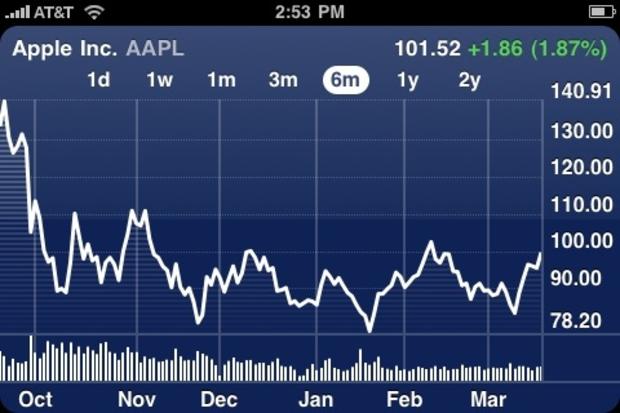Ask Jill: Rating Your Financial Advisor

This post by Jill Schlesinger originally appeared on CBS' MoneyWatch.com.
After being an investment advisor for 15 years, it always amazed me how few people really understand the nature of their relationship to the advice-giver. In some cases, people just didn't know whether they were working with a commission-based broker, a fee-based advisor or a fiduciary. Without this understanding, it's nearly impossible to judge the performance of a financial advisor.
Which brings me to the following question from David:
I have been with the same financial advisor for 6 years. This person controls about 65% of my assets. How can I conduct a 3rd party audit of my financial advisor's management of my money. Also, is there a diplomatic way to ask exactly how much money my financial advisor makes off of my money beyond the % of assets under management agreement we currently have. If it is not clear by now my financial advisor has become a friend and it is becoming increasingly awkward to ask these questions.David's situation is common: you work with someone who has access to the intimate details of your financial life and you hopefully click on more than a simple professional level. But when you cross the line into friendship, it gets a bit hairy. I know this from personal experience, but from the other side of the table. I even had to fire a client to keep her as friend.
While a deeper client/advisor relationship can be richer for both people, it's also more complicated. Still, that shouldn't thwart your ability to rate your advisor's performance. Whether you're interviewing a new advisor or checking in with your old one, you should be armed with these questions.
One in particular bears repeating-even if you're friends with your advisor: How much do I pay you, ALL-IN, for your services? Remember that you are entitled to this information-think of it as asking for a menu with the prices. Financial advisors can be paid in several ways:
* Fees based on an hourly rate or a flat rate
* Fees based on a percentage of your portfolio value, often called "Assets Under Management" or "AUM" (be sure to ask if cash is included in the calculation)
* Commissions paid by a third party from the products sold to. Commissions are usually a percentage of the amount you invest in a product.
* A combination of fees and commissions. Some planners may offset some portion of the fees you pay if they receive commissions for carrying out their recommendations.
David raises an interesting extra-credit question: there could be other fees generated from his account that are not as clear as the straight-up percentage of assets under management. For example, commissions from insurance products; fees that mutual fund companies advance to the advisor; and if the advisor is broker-dealer, there are lots of quiet ways he or she can squeeze more money out of your relationship. Again, best to keep asking the advisor to detail ALL of the fees.
Finally, in terms of judging performance, there are some easy measures. First, every client should know his or her rate of return on all of the accounts under the advisor's control. You should request this information on at-least a quarterly basis. You can then compare your rate of return with an appropriate index (the S&P 500 for an aggressive investor, a blended index for a balanced investor or a bond index for a conservative portfolio.)
As a gut check, you could present the portfolio to a third-party for review, but there's a big caveat here: most 3rd parties will want to win your business, so it may make more sense to pay an hourly fee for the analysis.
Hopefully at the completion of this somewhat-awkward process, you will still be happy with your advisor. Otherwise, you'll have some tough decisions to make.
More on MoneyWatch:

